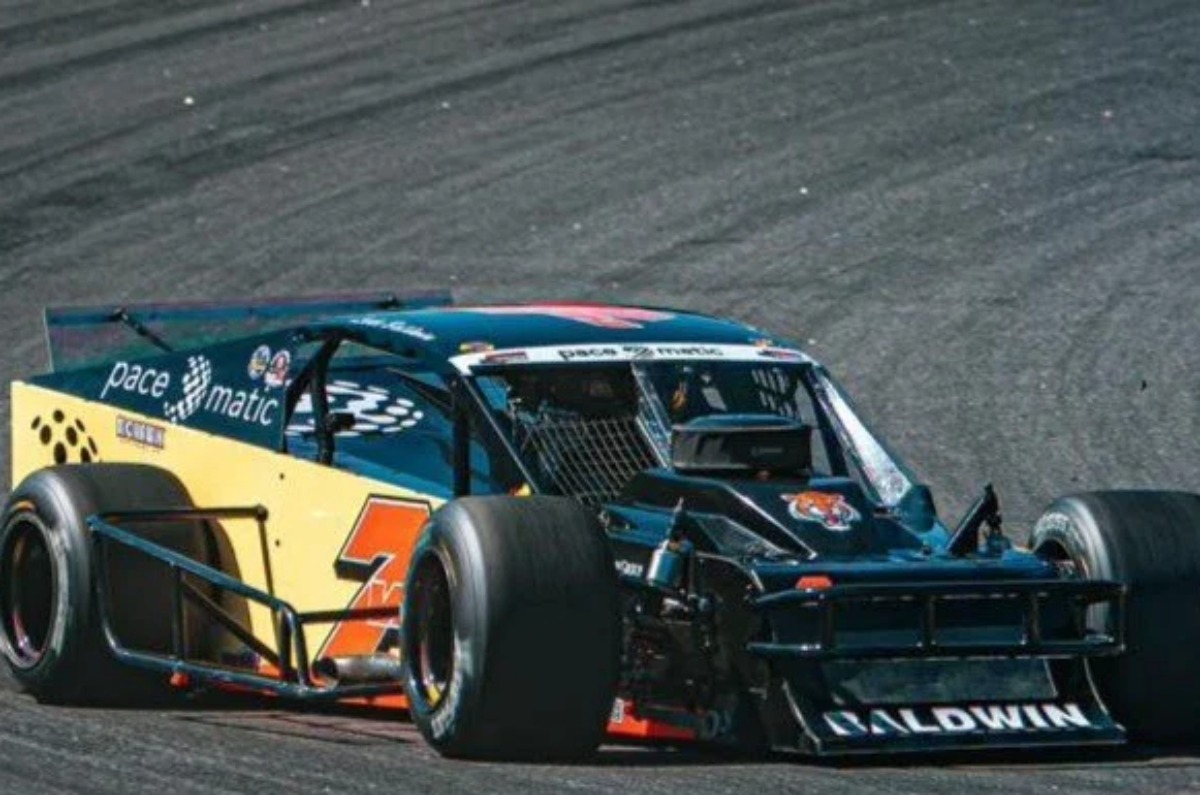


The brainchild of one of the gambling industry’s top inventors is now the most recognisable company at the forefront of the blossoming – and controversial – skill games industry.
Pace-O-Matic is named after its founder, Michael Pace. He created the skill games company in 2000 after 20-plus years pushing the US gambling market forward with innovations. Among them were Little Casino, the world’s first electronic countertop casino game, in 1980; Turbo 340, a controller board that became the world’s most widely used game creation platform, in 1989; and Pot of Gold, the world’s first electronic pull tab game, in 1990.
Today, Pace’s 24-year-old Pace-O-Matic is widely thought of as the leading skill games developer. Some of its notable games are Amigos Locos, Bandito Brothers, Big Cheese, Bombs and Bombshells, Fishy Loot, Gem Master, Graveyard Gold, House of Voodoo, Icy Hot and Kickers.
As a privately owned company, Pace-O-Matic does not release much information about itself. It doesn’t reveal how many games it has in operation in the US. And it doesn’t share any financial figures either.
However, Rachel Albritton, Pace-O-Matic’s senior communications director, did share with Casino Reports a bit of information on the impact of its games’ revenue.
“We can tell you,” Albritton said, “that over 80% of the revenue our games generate flows directly to our small business operators and the small businesses and fraternal clubs/non-profits that host our games.”
Albritton said most Pace-O-Matic skill games are at establishments like “restaurants, bars and convenience stores. In some states, non-profit organisations such as VFW halls, American Legion posts, volunteer fire companies and others.
“Our games offer a supplemental, sustainable revenue source for small businesses and that income is used to make location updates, pay competitive wages, combat rising costs and donate to charitable causes. In some cases, the revenue has made the difference between staying open or closing in a tough economy.”
Skill games are gaming devices that look and feel similar to traditional slot machines. However, whereas those casino games rely purely on chance, manufacturers like Pace-O-Matic say their games rely on the player’s skill.
According to Fortune Business Insights, the global skill game industry was valued at nearly $31 billion in 2022. It’s expected to swell to $85.34 billion by 2030.
And, in the US, it is all unregulated and… that’s at least one part of the controversy.
In Pennsylvania, for example, which is the state Albritton called Pace-O-Matic’s “largest market”, the state’s retail casinos strongly oppose regulating skill games – and actually have wanted them ruled illegal – for years.
In a different tack this summer, many of Pennsylvania’s casinos filed a joint lawsuit asking the state’s Supreme Court to tax skill games at 54% – the same rate as casino slot machines – or to remove the tax from casino slot machine revenue. This came after a proposed 42% tax on skill games didn’t wind up in Governor Josh Shapiro’s final 2024-25 budget.
Read the full story here.
Casino Reports is an independently-owned publication dedicated to covering the regulated US online
casino/igaming industry, with news, features and original reporting on industry happenings, business, legislation, regulations and more.